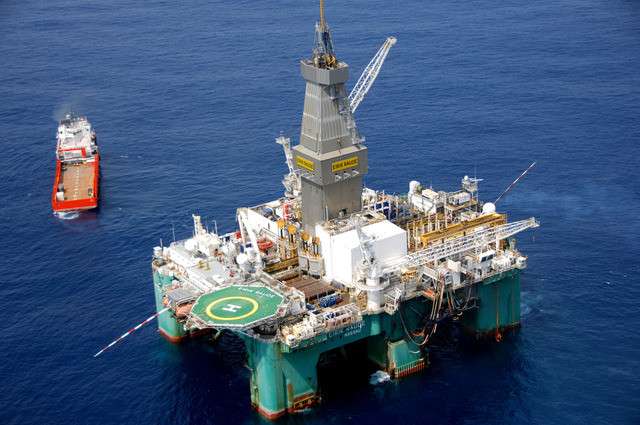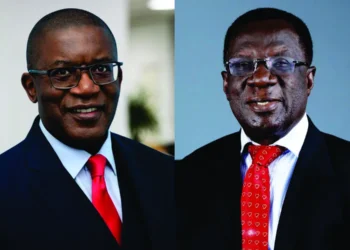Mr. Joel Degue, a resource development consultant, has called on the government to revise the existing fiscal regime (Royalty system) for a production sharing agreement (PSA) regime, noting that the former has trailed the benefits expected to have accrued the country all these years.
While the debate about adopting PSA in petroleum contracts has lasted for more than 10 years, the government has still stuck with a royalties regime, only reforming the regime slightly to include profit-sharing since 2016 (hybrid system).
Antagonists to the PSA regime have always held two beliefs: First, the PSA regime comes with huge costs which Ghana does not have the financial muscles to contain, and secondly, the condition that Ghana is still a new comer in the oil and gas industry.
However, with close to two decades of experience in the oil and gas industry, since the first oil discovery in 2007; Ghana does not qualify as a ‘novice’ in the industry. Besides, building a strategic partnership with Guyana to share its expertise in the oil and gas business in 2021, proves this.
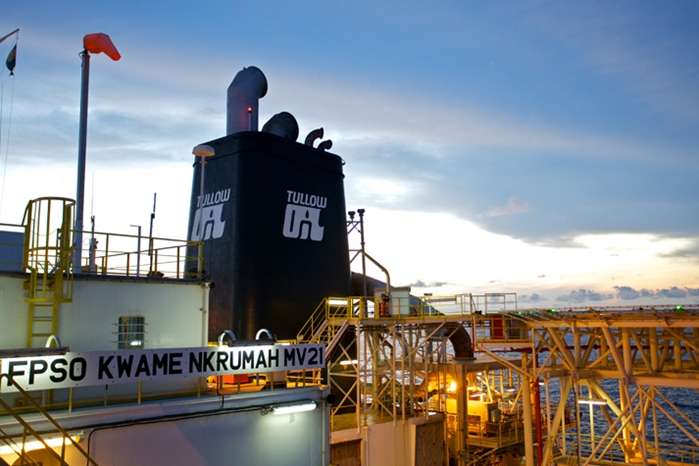
Mr. Joel Degue reacting to these assertions opined that:
“…In countries like Gabon, Congo Brazaville, Congo Kinshasa, Equatorial Guinea, Tullow signed Production Sharing Contract (PSC), but these countries did not put in anything much. There is no literature backing that thing [PSC is costly] in our domain here in Ghana.
“There are two things that people have just forced [down] our throat: [Firstly], oil exploration is capital intensive; Ghana doesn’t have money. Which authority says so? Benin, Togo, Mauritania, Guyana, [they all signed PSA]… Tullow is in 22 African countries and has signed PSA with them. Are those countries richer than us who could put money in and Ghana has not got to put in… In 2018 and 2019 people are still signing royalties when over 81 countries globally are not signing such contracts.
“The second thing is the [claim that] Ghana is a novice: Ghana’s [oil discovery] is 2007, Mauritania is about 2011, Gabon is about 2013, Senegal and others are new comers but they signed PSA. But we are saying that Ghana is a novice. Ghana has a long history of oil exploration and all seismic surveys show that the oil is there. We must start disabusing our minds from these things.”
Joel Dengue, Resource Development Consultant
PSA not Costly
Mr Joel Degue further clarified that under the PSA, all that Ghana pays is the carried interest. “If you want more shares, you pay for it in the PSA”, stressing that, that is the cost that is incurred in such a regime.
‘Romantic’ predictions made by the Bretton Woods institutions (IMF and the World Bank) appear unlikely to materialize, after 10 years of Ghana’s oil business under the royalty regime. In 2011, the IMF predicted that government revenues from oil and gas could reach a cumulative US$20 billion over the production period of 2012–2030 for the Jubilee field alone.
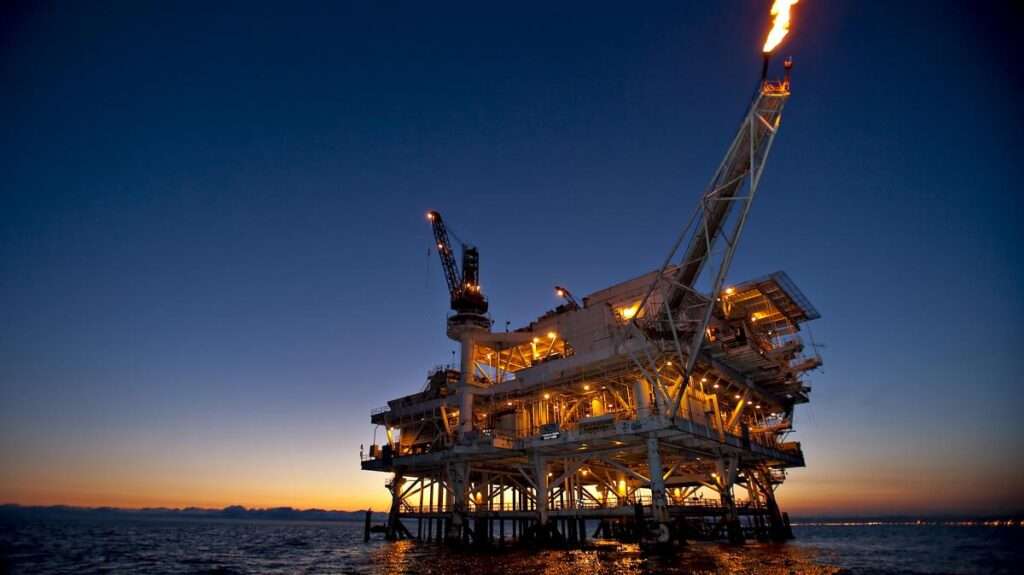
However, between 2011 and 2020, Ghana has accrued a total of US$6.25 billion in all three fields: In the first five years (2011-2015) of commercial production of oil and gas, Ghana made US$3.3 billion and another US$3.25 billion from 2016-2020.
In July 2008, the GNPC issued estimates of oil revenues Ghana was likely to obtain in the oil and gas industry using a 100,000 bpd production rate and a $60 per barrel oil price, the corporation forecast $836 million per year. At a 200,000 bpd production rate, “which could be achieved five years (2016) after commencement of production,” the total annual revenue to the state was supposed to have been over $1.6 billion per year with total production.

Predictions of Oil Revenue Fail
In 2021 alone, the government realized a total of US$783.33 million as oil revenues, despite the rise in oil prices during the period. Meanwhile, total production within the three oil fields (Jubilee, TEN and Sankofa) in the first 9 months of the year was around 152,000 bpd, while full year production in 2020 could not reach 200,000 bpd.
The German technical cooperation organization GTZ issued estimates in early 2008:
“… In the most conservative scenario with 40,000 barrels produced at an oil price of US$50, annual government revenues from taxes, royalties, and the participating interest of the (GNPC) would amount to at least US$200 million per annum. At a daily production of 150,000 bpd, Ghana would become an oil exporter.
“Again, assuming an oil price of US$50 per barrel… annual government receipts from the sector would total more than US$1 billion. In the latter scenario, our estimates suggest that annual government revenues will be composed roughly as follows: royalties, US$135 million; interest (carried and additional), US$300 million, and petroleum income tax, US$630 million. For comparison… government receipts from the mining sector— royalties, taxes, and dividends—totaled US$27 million in 2004”.
GTZ
However, the IMF’s fiscal affairs department in 2012, noted in a publication that:
“…Data here suggest that in mining, governments commonly retain one-third or rather more; simulations suggest higher government shares (40–60 percent), but do not capture all possible sources of revenue erosion. They also suggest that the government share is higher in petroleum: around 65–85 percent. Fiscal regimes that raise less than these benchmark averages may be cause for concern, or— where agreements cannot reasonably be changed— regret.”
IMF
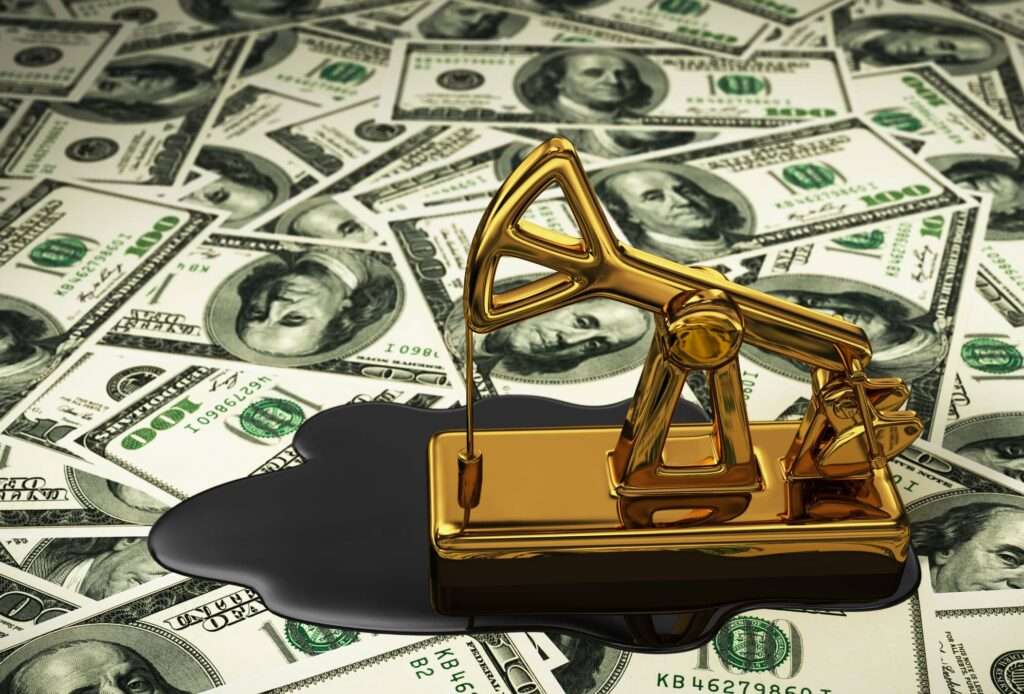
It is quite surprising therefore, noting these considerations, why the government continues to cling on a petroleum regime that has simply not been as profitable as anticipated. Furthermore, this move is important, as this would adequately reflect a strategy that would ensure the country addresses its poverty issues facing its citizens as well as take control of its oil and gas industry.
As the government has hinted a decision to review the petroleum fiscal regime, it must take a bold stance in this regard to ensure the country meets its optimum in the upstream oil and gas sector in terms of revenue accumulation.
READ ALSO: Introduction of E-Levy due to Post-Covid Economy- Fatima Abubakar

